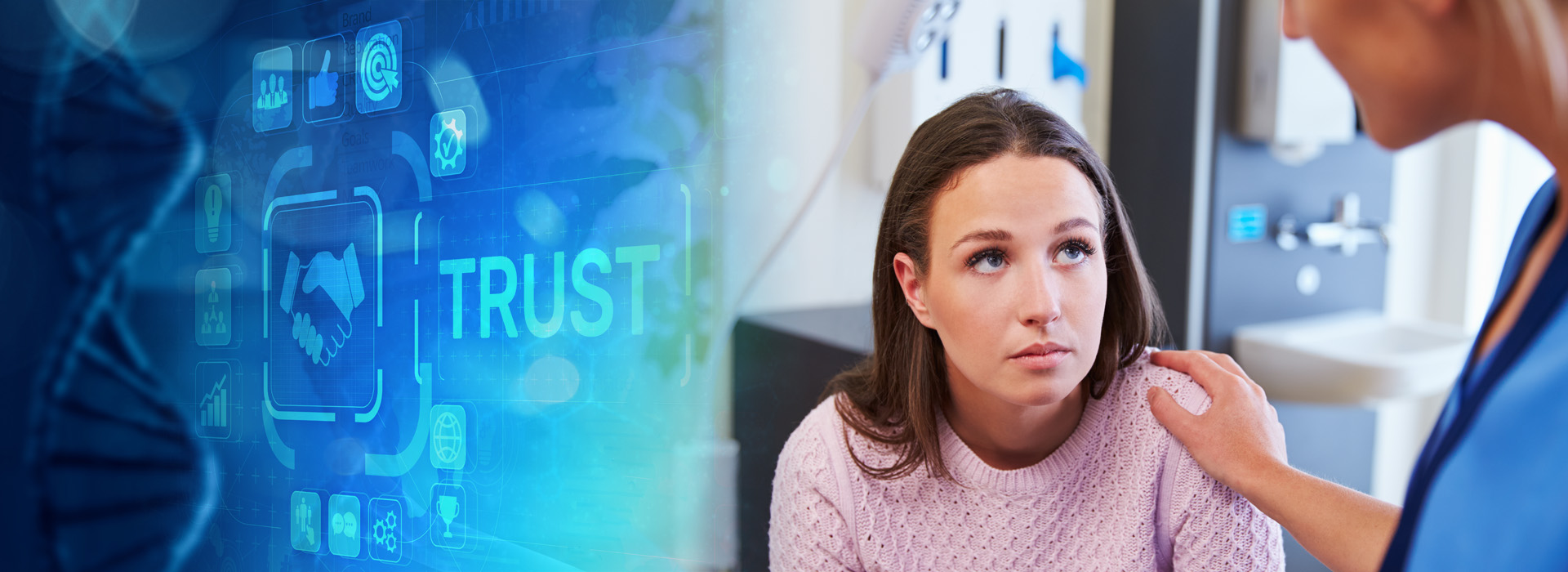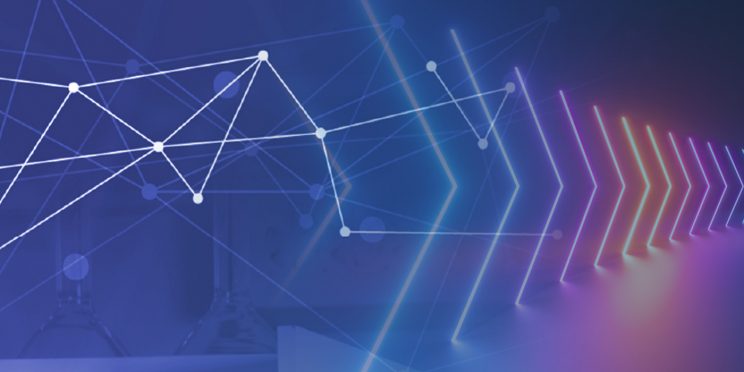← Back to 2022 Sexual Assault Awareness Month Webinar Series
This webinar originally occurred on April 14, 2022
Duration: 1 hour
Overview
In addition to providing medical care and support to victims of sexual assault, Sexual Assault Nurse Examiners (SANEs) collect evidence from the victim’s body during the sexual assault forensic exam. Such evidence may lead to an identification of the assailant through DNA testing. As forensic DNA technology evolves, additional methods for collecting evidence associated with strangulation should be considered. Additionally, without the trauma-informed, victim-centered expertise and support from SANEs during a forensic medical exam, a sexual assault survivor may not disclose strangulation or associated injuries that could need medical attention.
Presenter Kelly Taylor, a Sexual Assault Nurse Examiner, Sexual Assault Care Coordinator, and Forensic Healthcare Program Manager, describes her observations associated with the prevalence of strangulation in sexual assault cases, suggestions for collecting DNA evidence in these cases, and considerations for the well-being, recovery, and safety of victims of strangulation and sexual assault.
Detailed Learning Objectives
- Attendees will gain awareness of the prevalence of strangulation in sexual assault cases.
- Attendees will understand the potential for forensic evidence collection associated with strangulation.
- Attendees will learn about considerations for recovery, well-being, and safety for victims of strangulation and sexual assault.
Presenter
- Kelly Taylor | Forensic Healthcare Program Manager & Sexual Assault Care Coordinator, Fayetteville, North Carolina
WARNING: THIS WEBINAR CONTAINS GRAPHIC CONTENT
Related Resources
Funding for this Forensic Technology Center of Excellence webinar has been provided by the National Institute of Justice, Office of Justice Programs, U.S. Department of Justice.
The opinions, findings, and conclusions or recommendations expressed in this webinar are those of the presenter(s) and do not necessarily reflect those of the U.S. Department of Justice.
Contact us at ForensicCOE@rti.org with any questions and subscribe to our newsletter for notifications.




